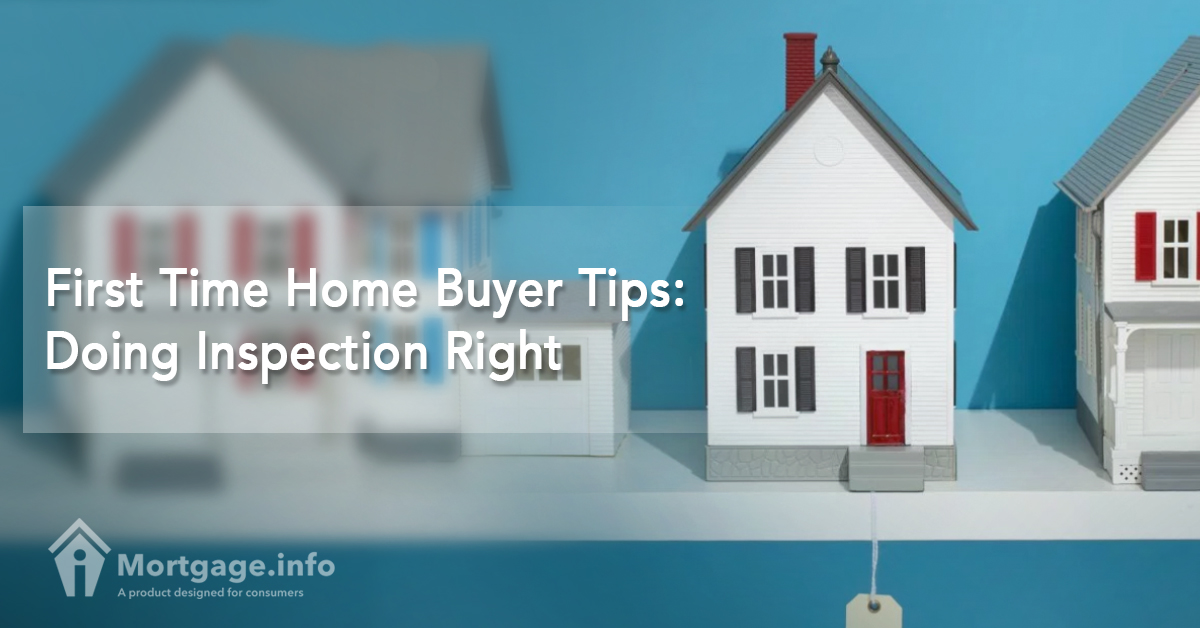If you are looking to buy a new home, ensuring that you’ll be landing on a property that’s worth your money is of course, your first interest. In today’s market of rising interest rates, strong demand, and low housing inventory, it is not uncommon for a single property to have multiple interests. Meaning, you are not the only one who wants to put down money on the table for the property. And when you have rivals on the property, you may have to participate in a bidding war.
Now this is where things get tricky. Because despite your interest in getting a house that’s worth your money, you may have to sacrifice some contingencies that would ensure so, in order for you to sweeten the deal with the seller.
Waiving contingencies such as a home inspection is a common practice among homebuyers who have serious interest in a given property. But is it really smart to waive off property inspection? Can you afford to take the risk?
Why is a property inspection important, anyway?
A home inspection is important in more ways than one. For starters, it is an inexpensive way to discover potential problems before they ripen into issues that would cost you more money.
Even in newly-constructed homes, there could be problems that can’t be easily detected with a couple glances. Inspection in wiring, plumbing, and the house’s general systems helps you fix the issues proactively and make sure they have less to no chances of hassling you in the future.
If indeed, there are repairs that need to be done, you can negotiate with the seller to do the repairs before you can proceed with the sale. Do not be afraid to go righteous in your demands. Remember that it is still your money at stake.
Before the inspection…
Do your homework. That is your basic responsibility as a responsible buyer. Check available documentation that discloses information on the property. It is possible that you can gain some info regarding issues on the home. Note your concerns and be prepared to ask them during the inspection.
You should have an idea what to look. Ask your agent about points to inspect during your home tour, what is a big deal, and how to use inspection findings to negotiate.
Hiring an inspector
The inspector is a licensed contractor whom you hireto professionally inspect the property. They shall be able to inspect the home and evaluate its overall state of livability. The inspector must be objective on his or her reports, and should be able to tell you if:
- a problem is a major issue, a minor defect, or a safety problem
- a problem needs servicing, replacement, or total repair
- a specific problem has the potential to cause you more trouble in the future and thus should require continuous monitoring
Here’s a quick run-through of the inspection checklist:
- exterior walls
- plumbing
- the foundation
- electrical wiring
- grading slopes
- heating, ventilation, and air conditioning
- garage and carport
- water heater
- roof
- kitchen appliances
- laundry room
- fire safety
- bathrooms
Feel free to talk to the inspector and lay down your concerns about specific problems.
The bottom line
Property inspection is vital in helping you decide whether a property is worth the deal or not. If you waive an inspection because of pressure, you might end up paying more than you should.
Repair costs usually tally more than proactive fixes. And, an inspection, aside from early detection, could also serve as your crash course in home maintenance.
Talk to your agent after the inspection and solicit for the best advice on how to proceed.

